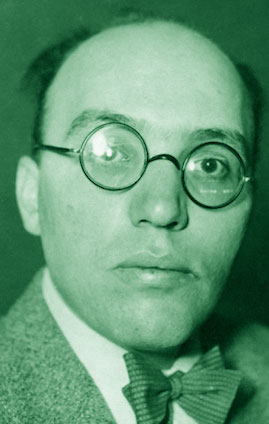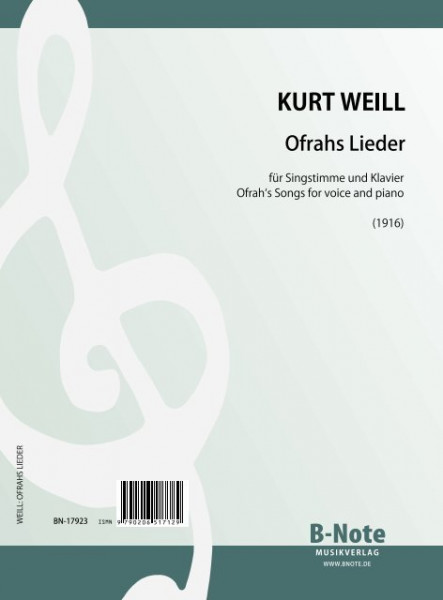24,80 € *
Prix dont TVA plus frais de port
Prêt à expédier immédiatement, délai de livraison env. 1-3 jours ouvrés (Allemagne). Disponible en tant que téléchargement immédiat
Pas de livraison aux États-Unis pour le moment
Chers clients, DHL a suspendu l'expédition de marchandises vers les États-Unis en raison des nouvelles conditions douanières. Par conséquent, nous ne pouvons temporairement pas livrer aux États-Unis. Nous vous remercions de votre compréhension. Plus d'informations ...
Chers clients, DHL a suspendu l'expédition de marchandises vers les États-Unis en raison des nouvelles conditions douanières. Par conséquent, nous ne pouvons temporairement pas livrer aux États-Unis. Nous vous remercions de votre compréhension. Plus d'informations ...
- Réf. d'article : BN-17923
- ISMN / ISBN 9790206517129
- Producteur B-Note Musikverlag, Wersaber Helmer 15, D-27628 Hagen i. Br. | post@bnote.de
Liens supplémentaires vers
Dernieres editions consultés





















